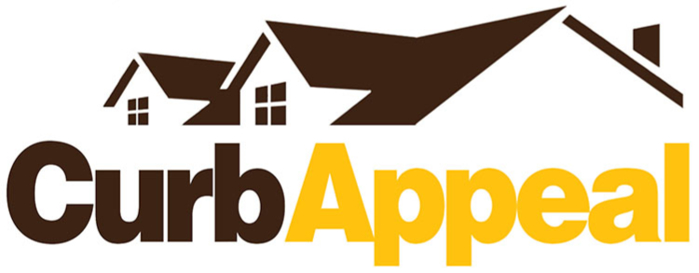Image: Monkey Business / AdobeStock
 Low interest rates make it tempting to refinance, but refinancing usually comes with some upfront, out-of-pocket costs. It’s not a race to simply have a rock-bottom rate, but sometimes it makes sense to refinance. Here are four reasons to take advantage of low rates:
Low interest rates make it tempting to refinance, but refinancing usually comes with some upfront, out-of-pocket costs. It’s not a race to simply have a rock-bottom rate, but sometimes it makes sense to refinance. Here are four reasons to take advantage of low rates:
1. Reduce your monthly payment.
On a 30-year, fixed-rate mortgage, a 1% difference in interest rates works out to about a $60 monthly difference per $100,000 owed. Keep this in mind: if you have only 25 years left on your current loan, you’ll be extending the loan period by five years by refinancing for another 30 years, and will probably pay as much or more in total interest over the life of the loan.
2. Reduce your interest by paying off your home faster.
If you currently have a 30-year mortgage, refinancing to a 15-year loan can mean paying less in total interest over the life of the loan. Even if you’ve paid the mortgage for five years, you’ll shave off 10 years by switching to a 15-year loan. These 15-year loans usually come with lower interest rates. The more the interest rate has dropped from when you first bought your home, the less your monthly payment will increase.
3. Switch from an adjustable rate to a fixed rate.
Typically, an adjustable-rate mortgage has a lower initial rate than a fixed-rate loan, and after a period of time, the rate changes. When rates are low, and your adjustable-rate mortgage is about to shift to a higher rate, refinancing to a low fixed-rate mortgage can ensure that you’ll lock in an affordable rate for the life of the loan.
4. Cash in on equity to pay off higher-interest debt.
If your home is worth $300,000, and you owe $200,000, you have $100,000 in equity. Cash-out refinancing lets you access some of that money to use for home improvements or to pay off higher-interest debt. Most lenders will refinance up to 80% of your home’s value for a cash-out refinance, which means you could get a new loan of $240,000. Using $200,000 to pay off your old loan, you’d have $40,000 remaining—minus any closing costs or loan fees.
Here’s the bottom line. Low interest rates make it tempting to refinance, but refinancing isn’t free. To make it worth your while, assess your goals first and then do the math to see if a new mortgage fits those goals.












 Low interest rates make it tempting to refinance, but refinancing usually comes with some upfront, out-of-pocket costs. It’s not a race to simply have a rock-bottom rate, but sometimes it makes sense to refinance. Here are four reasons to take advantage of low rates:
Low interest rates make it tempting to refinance, but refinancing usually comes with some upfront, out-of-pocket costs. It’s not a race to simply have a rock-bottom rate, but sometimes it makes sense to refinance. Here are four reasons to take advantage of low rates: